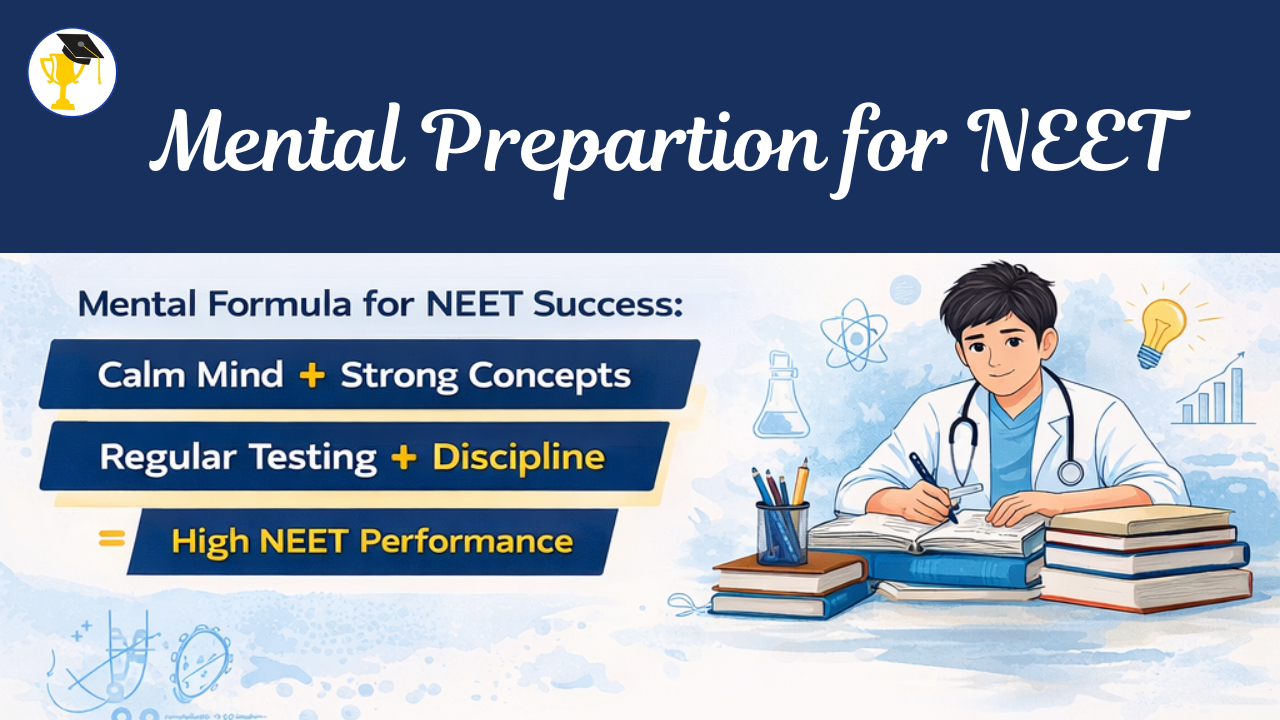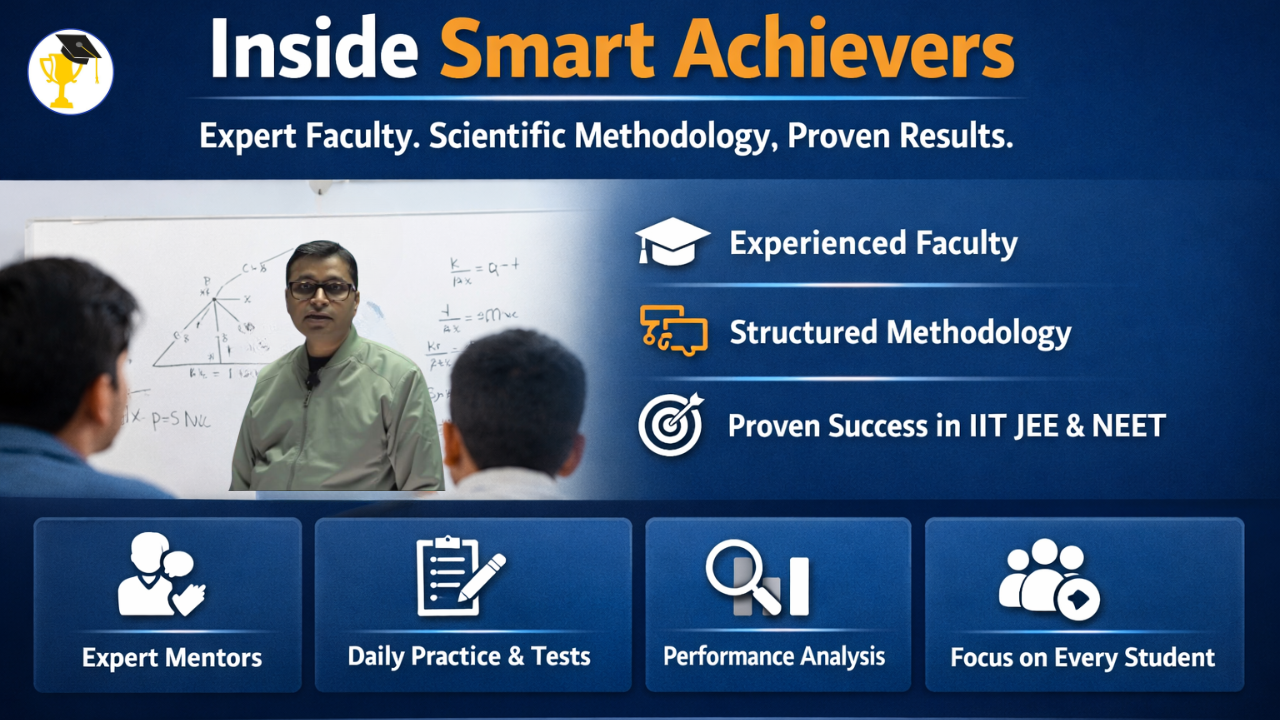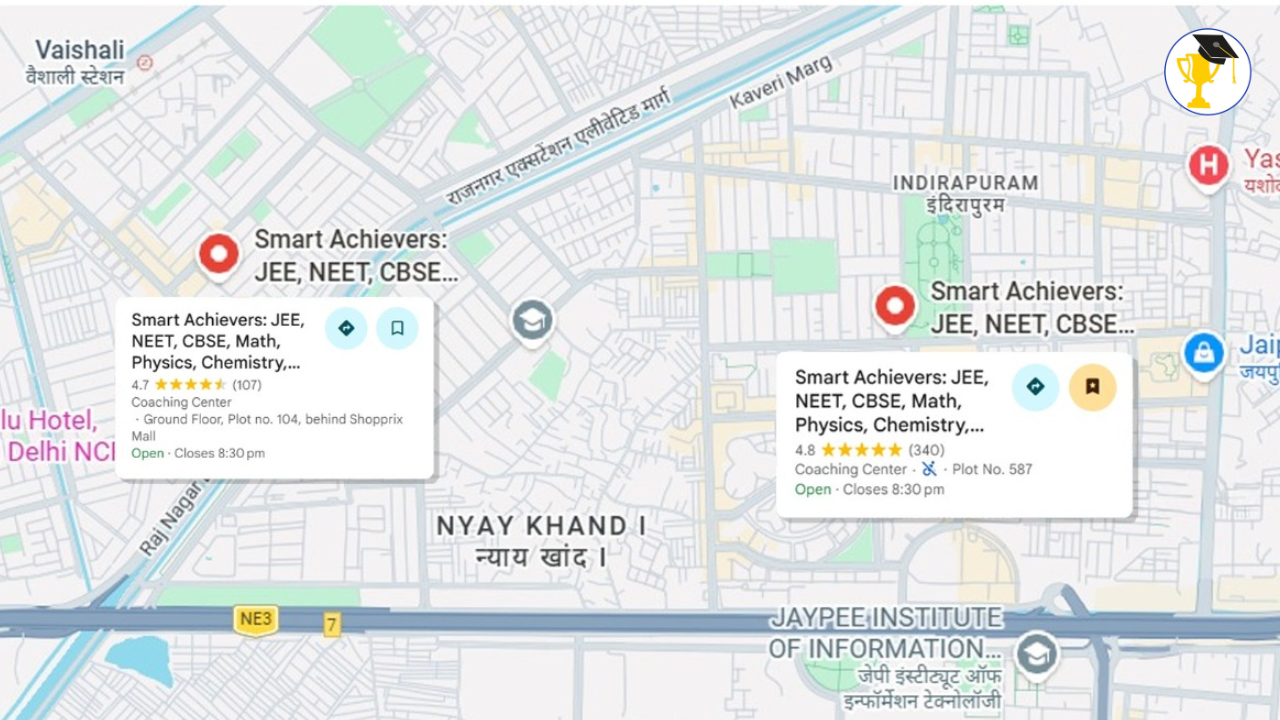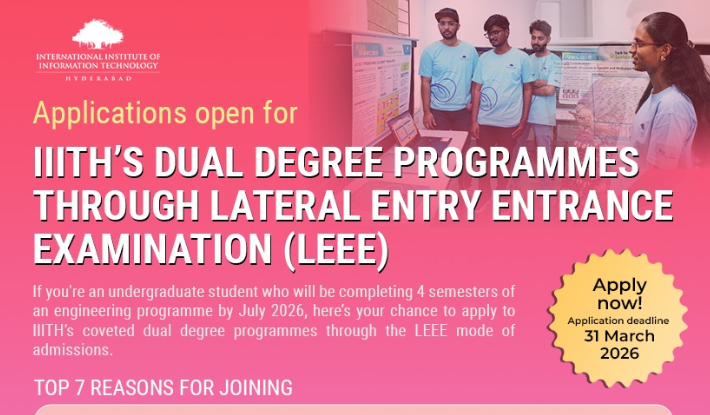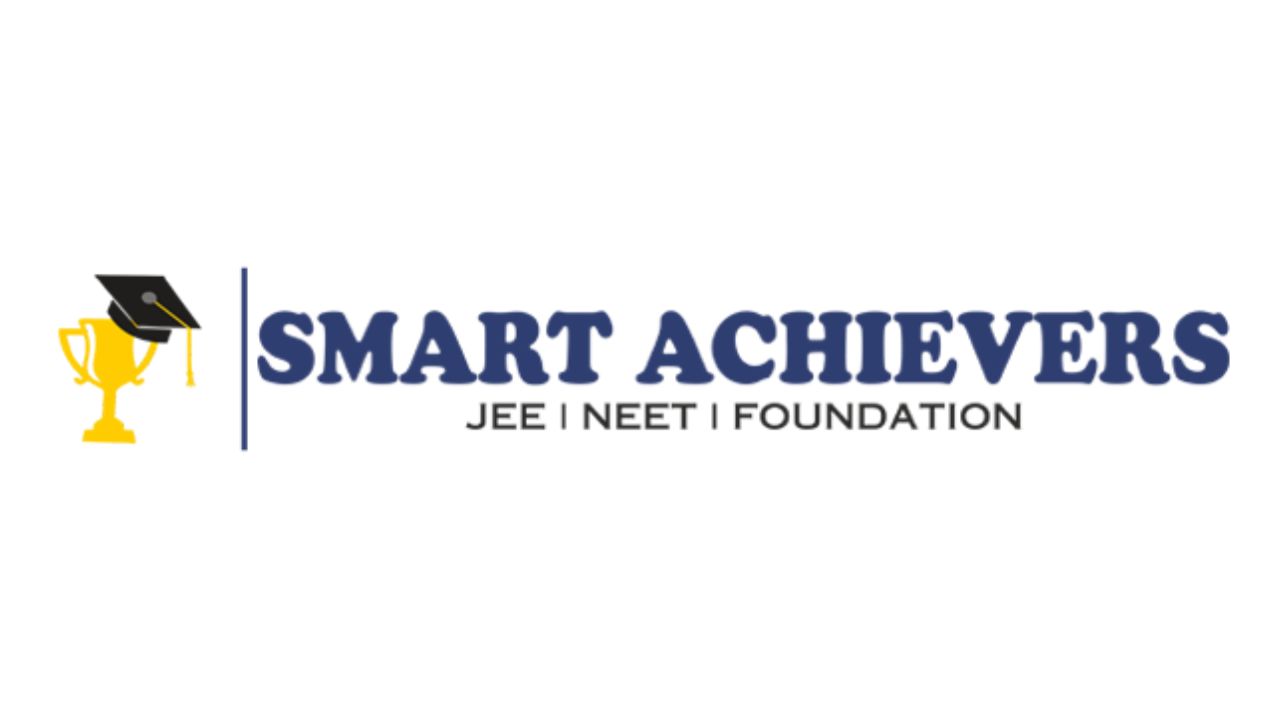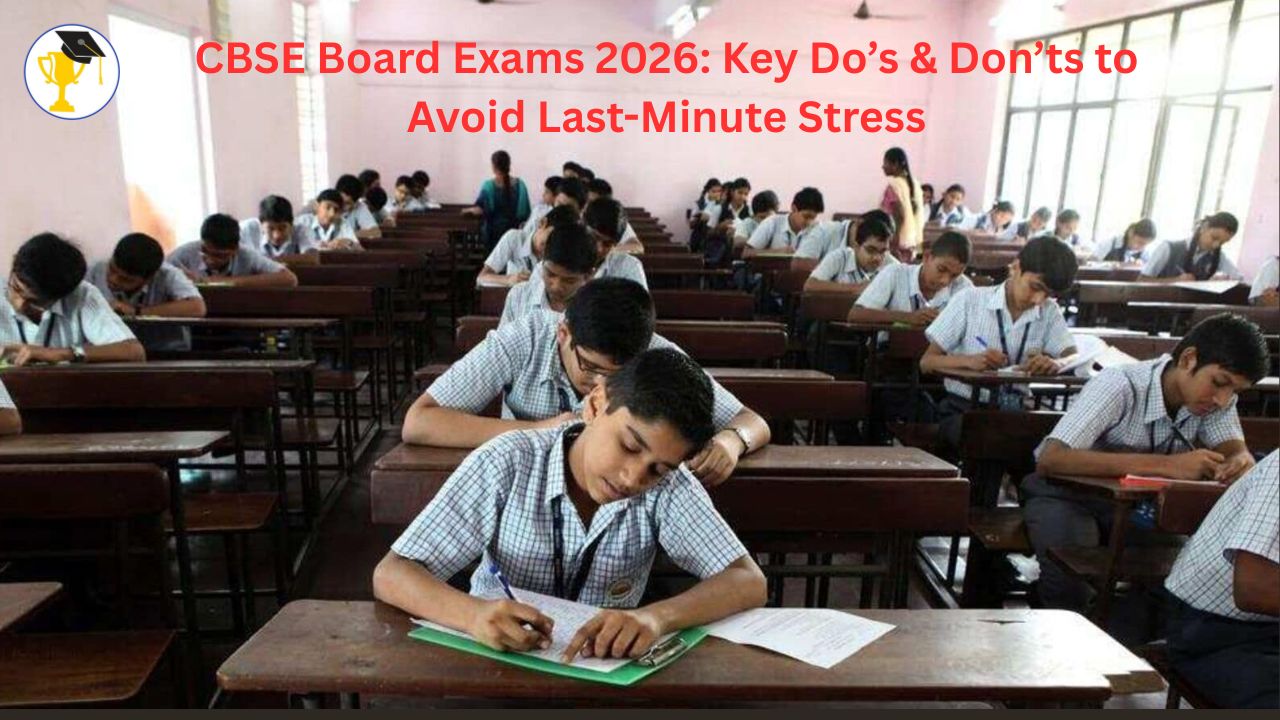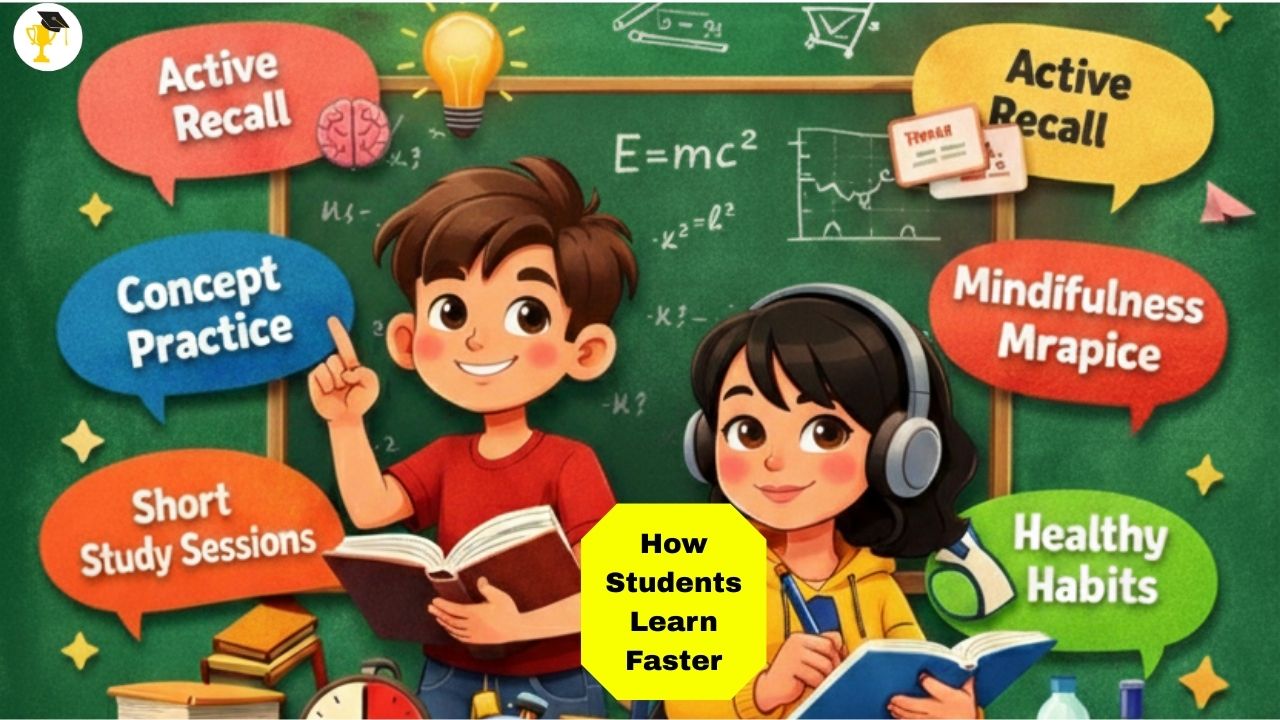NSEP / NSEC / NSEB 2025: Complete Guide to India’s Science Olympiads (Physics, Chemistry & Biology)
The National Standard Examinations (NSEs) — including NSEP (Physics), NSEC (Chemistry), and NSEB (Biology) — are India’s most prestigious science olympiads conducted for school students. These exams mark the first step toward representing India at the International Olympiads in their respective subjects.
If you are a science enthusiast with a dream to compete internationally, the NSEs 2025 are your golden opportunity. Let’s explore the eligibility, exam pattern, syllabus, key dates, and preparation strategies for each of these exams.
What Are NSEP, NSEC, and NSEB?
The National Standard Examinations (NSEs) are organized annually by the Indian Association of Physics Teachers (IAPT) and are the first stage of the Olympiad selection process in Physics, Chemistry, and Biology.
These exams aim to identify the most talented students in science and nurture their abilities through advanced training, leading up to the International Olympiads —
-
IPhO (International Physics Olympiad)
-
IChO (International Chemistry Olympiad)
-
IBO (International Biology Olympiad)
Overview of NSEs 2025
| Exam |
Full Name |
Subject Focus |
Leads To |
| NSEP |
National Standard Examination in Physics |
Physics & related concepts |
Indian National Physics Olympiad (INPhO) |
| NSEC |
National Standard Examination in Chemistry |
Chemistry & applications |
Indian National Chemistry Olympiad (INChO) |
| NSEB |
National Standard Examination in Biology |
Life Sciences & Genetics |
Indian National Biology Olympiad (INBO) |
All three exams are conducted nationwide at designated centers.
Key Highlights of NSEP / NSEC / NSEB 2025
| Feature |
Details |
| Conducting Body |
Indian Association of Physics Teachers (IAPT) |
| Exam Level |
National |
| Mode of Exam |
Offline (Pen & Paper) |
| Duration |
2 hours |
| Eligibility |
Class 11 & 12 students |
| Exam Frequency |
Once a year |
| Official Website |
www.iapt.org.in |
Eligibility Criteria
Students must fulfill the following conditions:
-
Must be an Indian citizen or OCI cardholder.
-
Must be born on or after July 1, 2005.
-
Must be studying in Class 12 or below as of November 30, 2025.
-
Must not have completed Class 12 before that date.
-
Must not be appearing for more than one subject NSE (e.g., cannot appear for both NSEP and NSEC in the same year).
Exam Pattern
Each exam (NSEP, NSEC, NSEB) follows a similar structure, designed to test conceptual understanding, logical reasoning, and problem-solving abilities.
| Section |
Details |
| Total Marks |
240 |
| No. of Questions |
60 (approx.) |
| Question Type |
Multiple Choice Questions (MCQs) |
| Duration |
2 hours |
| Marking Scheme |
+3 for correct, –1 for incorrect |
| Medium |
English and regional languages (in some centers) |
Syllabus for NSEP / NSEC / NSEB 2025
The syllabus for all NSEs roughly follows the CBSE Class 11 and 12 curriculum, but with deeper analytical questions.
1. NSEP (Physics) Syllabus
-
Mechanics, Thermodynamics, and Waves
-
Optics, Electricity, and Magnetism
-
Modern Physics & Electronics
-
Mathematical Physics and Experimental Skills
2. NSEC (Chemistry) Syllabus
-
Physical Chemistry (Thermodynamics, Equilibrium, Electrochemistry)
-
Organic Chemistry (Reaction Mechanisms, Functional Groups)
-
Inorganic Chemistry (Periodic Table, Coordination Compounds, Chemical Bonding)
-
Analytical and Applied Chemistry
3. NSEB (Biology) Syllabus
-
Cell Biology & Genetics
-
Physiology, Ecology & Evolution
-
Biotechnology, Molecular Biology, and Plant Sciences
-
Human Anatomy and Reproduction
Note: Questions test application of concepts, not rote memorization.
Important Dates for NSEs 2025
| Event |
Tentative Date (2025) |
| Registration Begins |
July 2025 |
| Last Date to Register |
August 2025 |
| Admit Card Release |
October 2025 |
| Exam Date |
November 24, 2025 (Tentative) |
| Result Declaration |
December 2025 |
| Indian National Olympiads (Stage 2) |
January 2026 |
Check official updates on https://www.iapt.org.in.
Selection Process
The Olympiad journey in each subject consists of five stages:
-
NSEP / NSEC / NSEB – National Standard Examinations (Stage 1)
-
INPhO / INChO / INBO – Indian National Olympiads (Stage 2)
-
OCSC – Orientation-Cum-Selection Camp (Stage 3)
-
PDT – Pre-Departure Training Camp (Stage 4)
-
IPhO / IChO / IBO – International Olympiads (Stage 5)
Top performers from the NSEs move to the corresponding national-level Olympiads.
Benefits of Qualifying NSEs
-
National recognition as one of India’s brightest science talents.
-
Opportunity to represent India at international science olympiads.
-
Strengthens preparation for competitive exams like JEE, NEET, KVPY, and IISER Aptitude Test.
-
Enhances analytical, experimental, and logical reasoning skills.
-
Certificates and scholarships for top performers.
Preparation Tips
-
Strengthen Concepts: Focus on understanding theory — not memorization.
-
Refer to Standard Books:
-
Physics: H.C. Verma, Resnick & Halliday
-
Chemistry: O.P. Tandon, Atkins, Morrison & Boyd
-
Biology: Campbell Biology, NCERTs, and Trueman’s Biology
-
Solve Previous Papers: Practice at least the last 5 years’ NSE question papers.
-
Mock Tests: Take timed tests to improve speed and accuracy.
-
Join Olympiad Workshops or Clubs: Discuss problems with peers and mentors for deeper insights.
-
Stay Updated: Check IAPT’s website regularly for announcements.
Pro Tip: Focus on applications and logic — questions often integrate multiple topics.
Conclusion
The NSEP, NSEC, and NSEB 2025 exams are stepping stones toward representing India at the International Science Olympiads. They not only test your scientific aptitude but also encourage curiosity, creativity, and logical reasoning — essential traits of a true scientist.
Start early, practice regularly, and aim to be among the few who make it to the national and international levels. Your Olympiad journey begins with dedication and a passion for discovery!
 STUDY MATERIALS
STUDY MATERIALS
 COURSES
COURSES
 MORE
MORE



